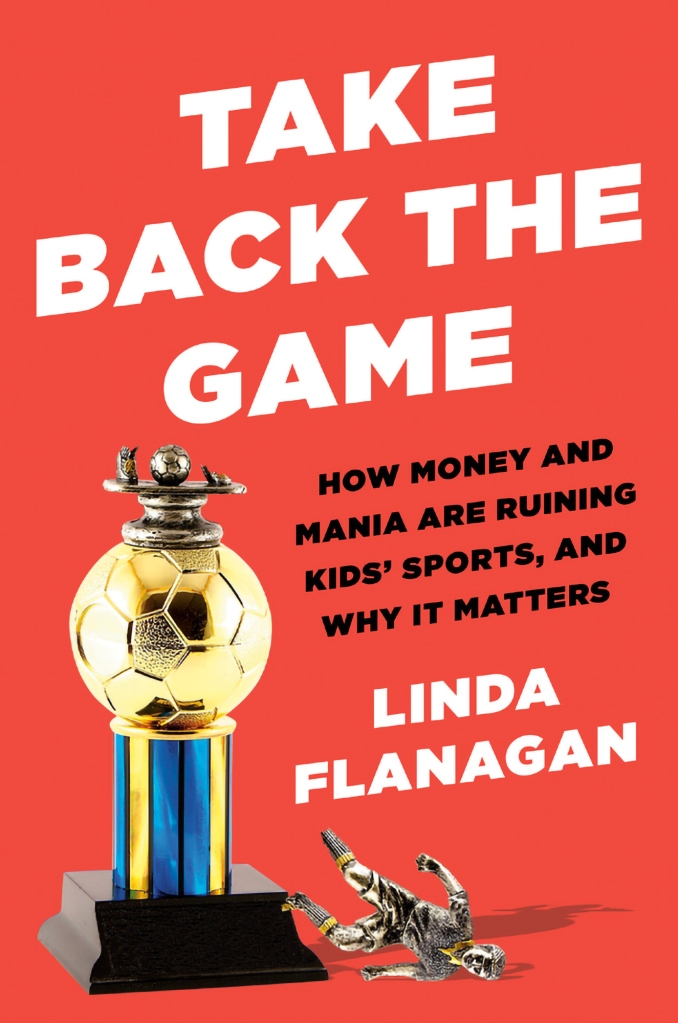Why youth sports have gotten so out of control
When Linda Flanagan began coaching running, she was excited to be able to pass along her love of the sport to another generation. But after she started, she quickly noticed that the team parents didn’t seem to share that focus. “There was much less concern with what running could do for [the students] as individuals — as with what it could do for them for college,” says Flanagan. “It made me think, what are we doing with these kids? I found it depressing.”
Flanagan concentrates on this trend in her new book, “Take Back the Game: How Money and Mania are Ruining Kids’ Sports — and Why It Matters” (Portfolio). It’s a phenomenon any parent of a young child will notice — the practices multiple times a week, combined with games every weekend — all for kids who haven’t even hit their teens.
Flanagan cites the change in youth sports as starting in the late 1970s, when a recession and high inflation withdrew public funding for parks and community sports. “And then private groups filled that void. After Disney bought the Wide World of Sports Complex in 1997, it became a model for municipalities around the country. Suddenly you had an infrastructure of youth sports. That’s how the money angle started. It became profitable.” The intensity level increased along with the changes at colleges and universities, and the fact that sports can give applicants a better chance at admission.

“There’s this pressure to pick a sport and play it all the time. It’s robbed the fun from sports, and kids don’t enjoy it as much,” says Flanagan, who is a founding board member of the NYC chapter of the Positive Coaching Alliance and a 2020-21 Advisory Group member for the Aspen Institute’s Reimagining Sports initiative. “To be excellent at a sport, it has to come from within. All this activity from parents to get their kids into it, it’s counterproductive.”
To moms and dads who want to rebel against the system, Flanagan offers this: “I think parents need to reclaim their agency. If they do hate it, and the whole family is being pulled apart [by the intensity and time commitment of practices and games], you don’t have to go along with it. Parents do need to reclaim their sense of control and work together with other parents to say, we don’t want to do it this way. And if there aren’t enough parents, you have to do it yourself.”
Read the full article Here


